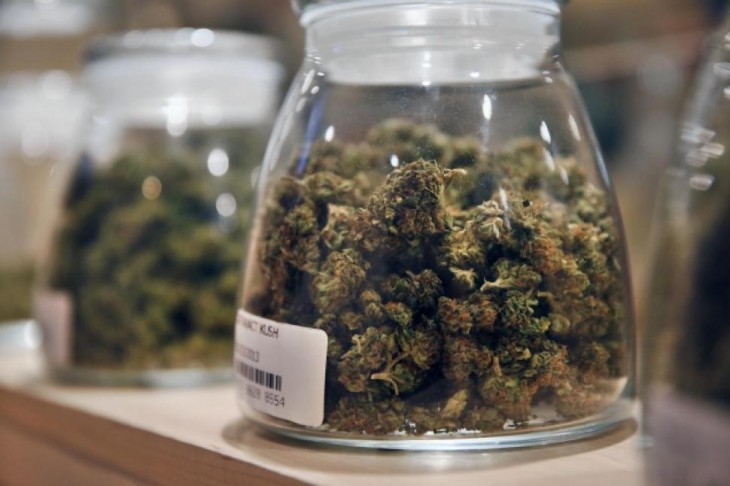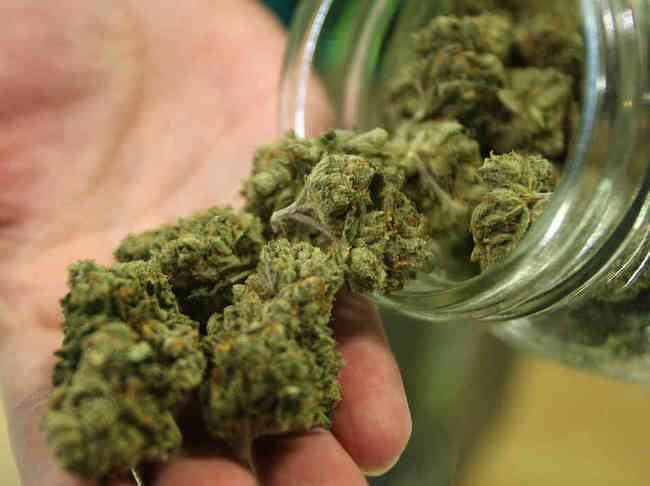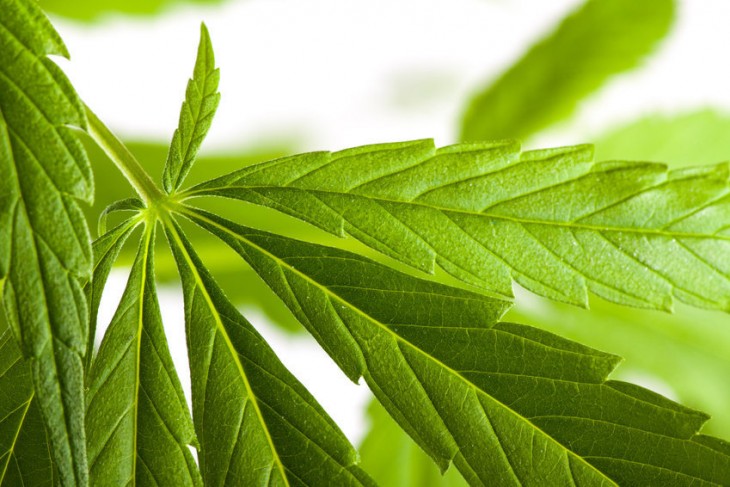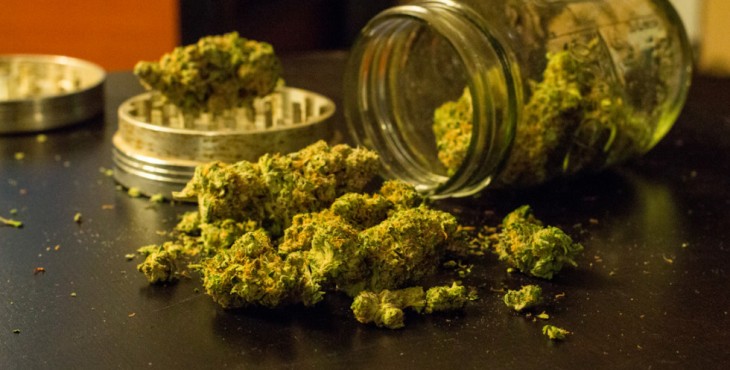Cannabis in the Year 2014
This has been an exciting, albeit occasionally frustrating, year for cannabis activism, advocacy and use. We’ve seen cannabis become and thus far stay legal in one country, as well as see legal acceptance in some territories within other countries. With all of that there has of course been conservative backlash in the form of fear mongering, legal challenge, and of course the drug war continues on. However, with this turbulence there’s been an overall positive shift which favors cannabis users and their allies. Here are some highlights of the more interesting stats, facts, and developments surrounding cannabis for the year of 2014.
“Americans find marijuana less harmful than sugar”
Despite being the country which effectively started the worldwide drug war, modern American’s have changed their opinion on pot drastically in recent years. This can be seen not only in the legislature but also in opinion polls. Earlier this year the Wall Street Journal conducted a poll which asked Americans to rank the four most harmful substances in a hierarchy. In said poll responses ranked that the first most dangerous was tobacco at forty-nine percent, alcohol at twenty-four percent, followed by sugar at fifteen percent, and marijuana at a mere eight percent.
“Uruguay’s trend may soon go global”
At the end of the previous year Uruguay became the first country to legalize, albeit heavily regulate, the sale of cannabis. While possession in the country was already legal, recreational pot sales were not until just recently. Of course the country hasn’t burned to the ground in chaos, nor surrendered to anarchy, but instead goes on, more or less, as it did. Given the lack of societally negative effects of this event this may prompt other countries to follow the trend and legalize recreational pot possession, growth, traffic and sales elsewhere in South American and the rest of the world. According to leafly these countries include Jamaica, Mexico, Costa Rica, Peru, Columbia, as well as Portugal, Spain, the Czech Republic, Switzerland, and possibly even Canada.
“Indigenous American micronations may soon legally sell cannabis”
While still technically governed by the United States and Canada, many Native American tribes still have a degree of political autonomy, and enjoy some gubernatorial semi-sovereignty. This, in addition to a change in drug enforcement policy by the US Department of Justice, may mean that some Native tribes may start legally selling ganja. Although only three tribes seem interested in the prospect, according to the Guardian, regulated cannabis dispensaries may become as common as “Indian” casino’s on at least some reservations.









